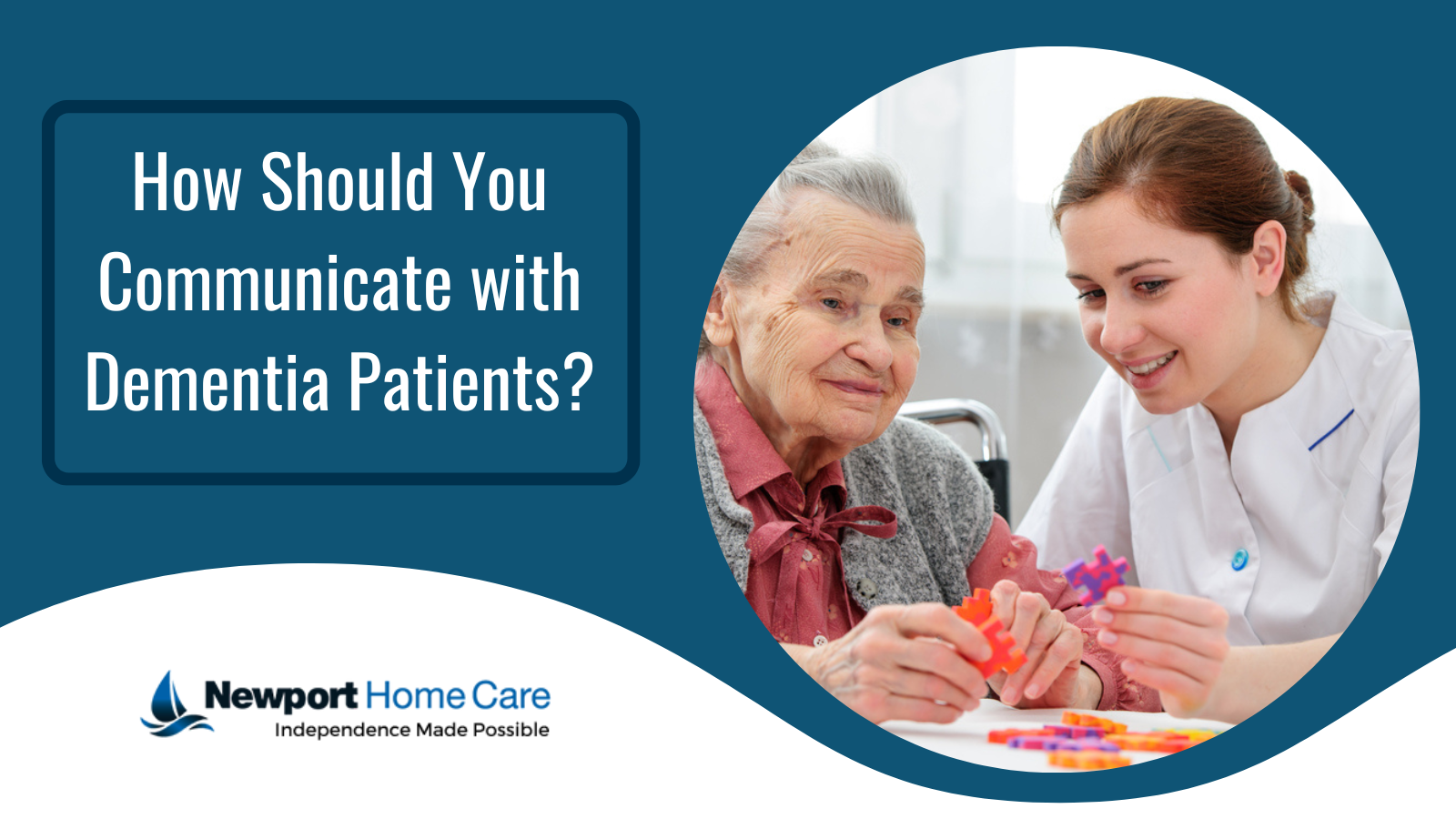


Dementia is a chronic illness that progressively impairs a person's memory and comprehension of commonplace information like names, dates, and locations. Around 55 million people have dementia worldwide, with almost 10 million new cases diagnosed yearly.
One of the most challenging issues for people who have dementia is losing the ability to communicate. Dementia patients gradually lose their communication ability as the disease progresses. It becomes more challenging for them to understand what others are saying and to articulate themselves clearly.
Read this blog to learn how you can help family members and loved ones with dementia communicate and care for dementia patients.
Each dementia patient is unique, and how they communicate thoughts and feelings is diverse. Dementia patients may have trouble communicating correctly or recalling words.
However, impactful dementia care can facilitate better communication and improve the quality of life for your loved one. Below are a few key factors on how you can help improve the communication ability according to the patient’s requirements.
Dementia care involves sticking to daily therapy schedules, medications, and prescriptions. Care for dementia must be provided to help your loved ones keep as much of their original identity as possible with the help of in-home elderly care services and organized communication.
You can accomplish this by:
Body language uses physical behavior, gestures, and patterns to express thoughts and emotions. When speaking becomes challenging for a person with dementia, body language and other nonverbal communication clues become important.
Important strategies to enable interaction with dementia patients having troubled communication or understanding include:
See Also: 5 Effective Tips to Communicate With Dementia Patients
There is a two-way flow in communication, so you'll certainly need to develop better listening skills while you care for dementia patients. Use the tips below to improve your listening skills:
Great dementia care requires understanding, tolerance, communication, and assistance from reliable professionals! Contact us at Newport Home Care for dedicated in-home care services for dementia patients.